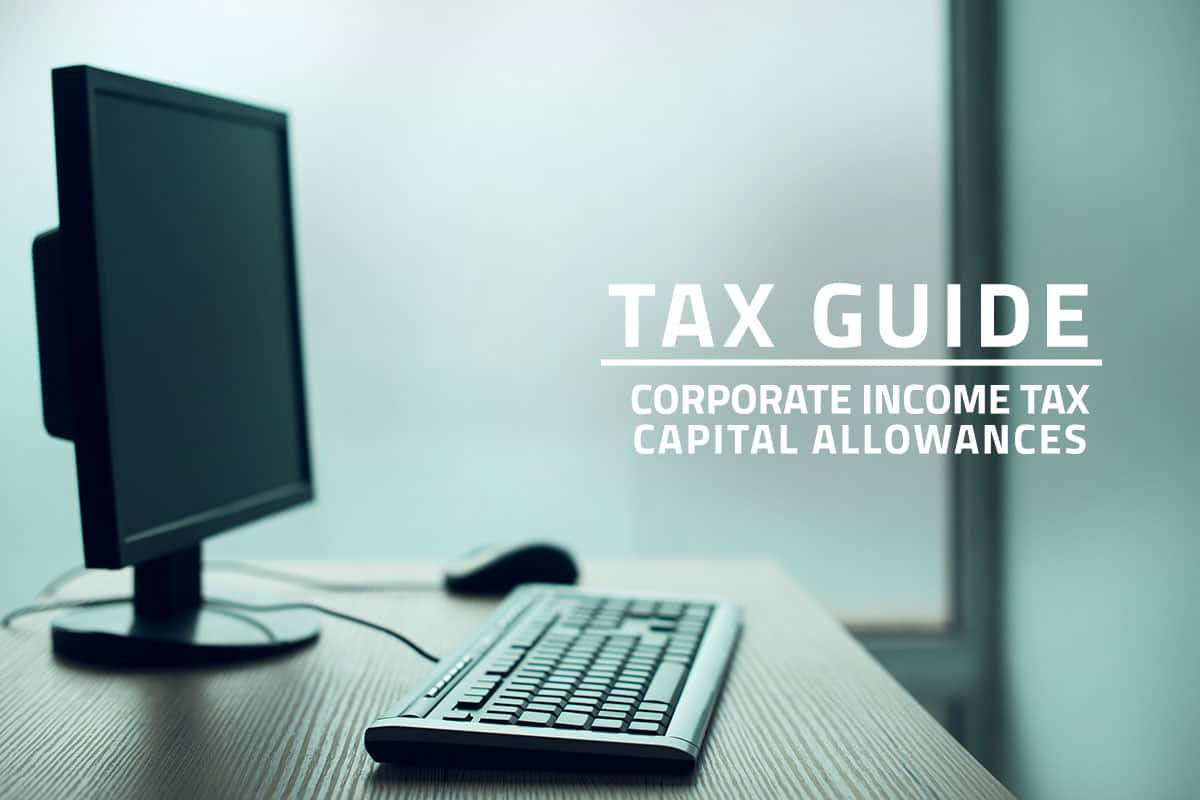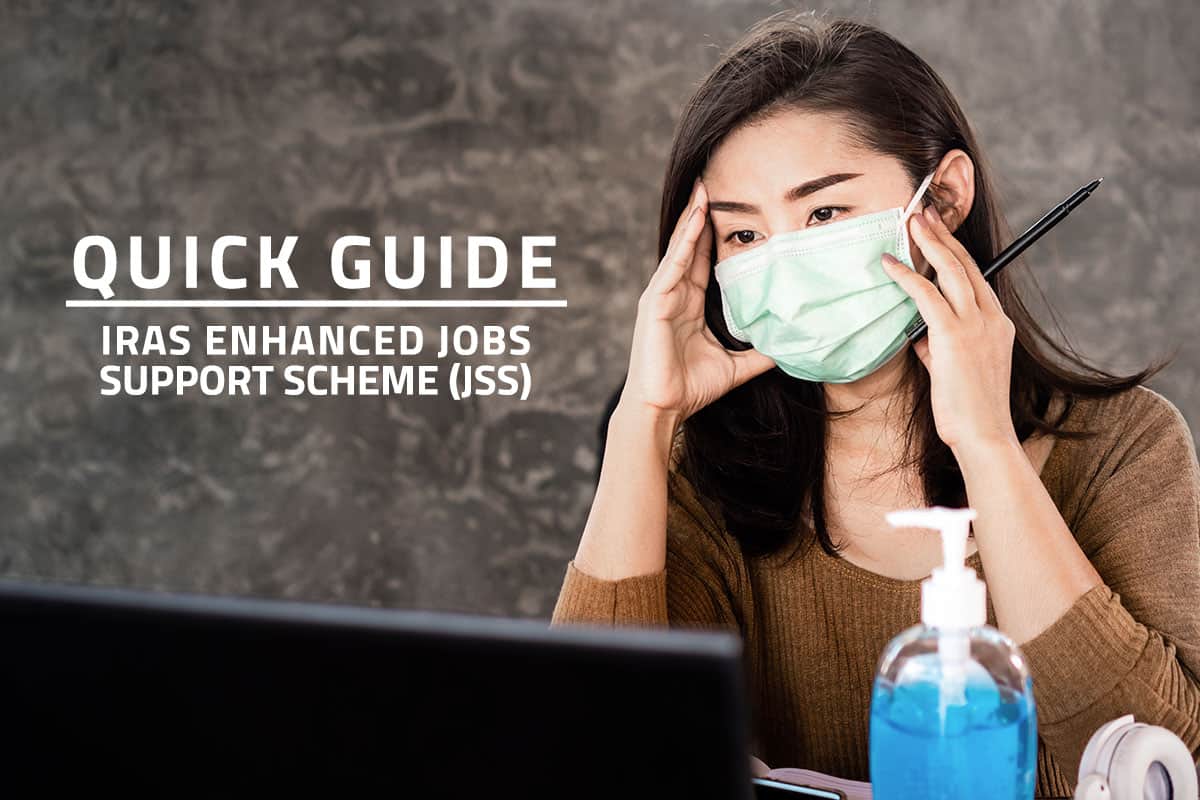ASK stands for Assisted Self-Help Kit and it is a program developed by the Inland Revenue Authority of Singapore (IRAS) to help businesses in assessing the accuracy of their Goods and Services Tax (GST) filings.
ASK may be implemented by businesses in Singapore voluntarily, or the IRAS may also invite the business to implement ASK, as part of its effort to increase the accuracy of GST reports.
How Does ASK Work?
The ASK self-help package is comprised of three main features that help businesses determine if they have committed errors in their past GST fillings. ASK also helps companies discover and correct GST errors early, effectively optimising the business’ reporting procedures for future application.
The key aspects of the ASK program are:
Stage 1 – GST Practices
At this stage, companies will be prompted to evaluate their internal processes by considering four key elements: people, record-keeping, systems, and internal controls. The company must fill a questionnaire comprised of several questions that aim to assess the business’ GST practices to complete this stage.
Stage 2 – Pre-Filing Checklist
The second stage of the ASK provided by the IRAS is the Pre-Filling Checklist. This step is very useful for companies who are filing their first GST return or for businesses who have recently changed the staff in charge of the procedure. It consists of a form that is comprised of 6 sub-checklists that can provide guidance to make sure the filing is being done correctly.
Stage 3 – ASK Annual Review
This step is applicable to all businesses who have filed a GST return and it consists of a thorough review of GST returns filed during all the previous years since the company started reporting its GST. The IRAS provides a guide for businesses to conduct this annual review and they must report back to the IRAS any errors that they may have discovered through this process.
There are two types of errors that can be discovered through an annual review:
- Transaction errors – An error that consists of an inadequate treatment of tax records or unsubstantiated transactions that are not backed by evidence.
- GST Reporting errors – Errors committed in the process of reporting the GST data to the IRAS such as incorrect values inputted into the form, etc.
What Are the Main Benefits of Conducting the ASK Voluntarily?
The IRAS has created a Voluntary Disclosure Program (VDP) that encourages taxpayers to report any errors committed in the process of filing their GST returns by compensating them with lower penalties, as long as the mistakes made were not made on purpose or with the intention of avoiding taxes.
If the taxpayer reports the error to the IRAS through the VDP after less than one year from the statutory filing deadline no penalty will be imposed. On the other hand, if the error is reported after that grace period has ended, the penalty will be 5% of the income tax, the GST undercharged, or the outstanding Withholding tax.
Nevertheless, if it is found that the taxpayer willingly and intentionally committed those errors as part of an effort to avoid paying taxes, the IRAS treats the situation as tax fraud and the potential punishment includes up to 7 years of jail time, fines for up to SGD 50,000, and penalizations of up to 400% of the undercharged or unpaid tax. On the other hand, those who come forward to such situations may be granted a gradual reduction in the penalties mentioned before.
Related Posts
Tax Guide: Singapore Capital Allowances
By law, all Singapore Companies are required to file annual income tax returns to the…
Quick Guide: IAS 20 – Accounting for Government Grants
This year, the COVID-19 crisis has adversely impacted the global economy. Singapore is no exemption,…
Singapore Guide: ISCA FRB 6 – Accounting for Jobs Support Scheme
This year, the COVID-19 pandemic has inevitably adversely impacted the global economy. Singapore companies and…
Quick Guide: Singapore’s Enhanced Jobs Support Scheme (JSS)
The Singaporean government launched the Jobs Support Scheme (JSS) in late April as part of…













